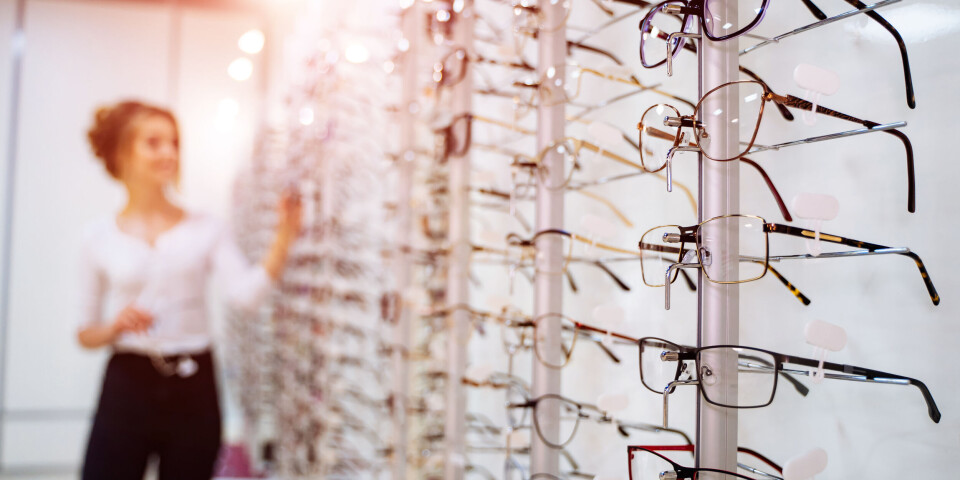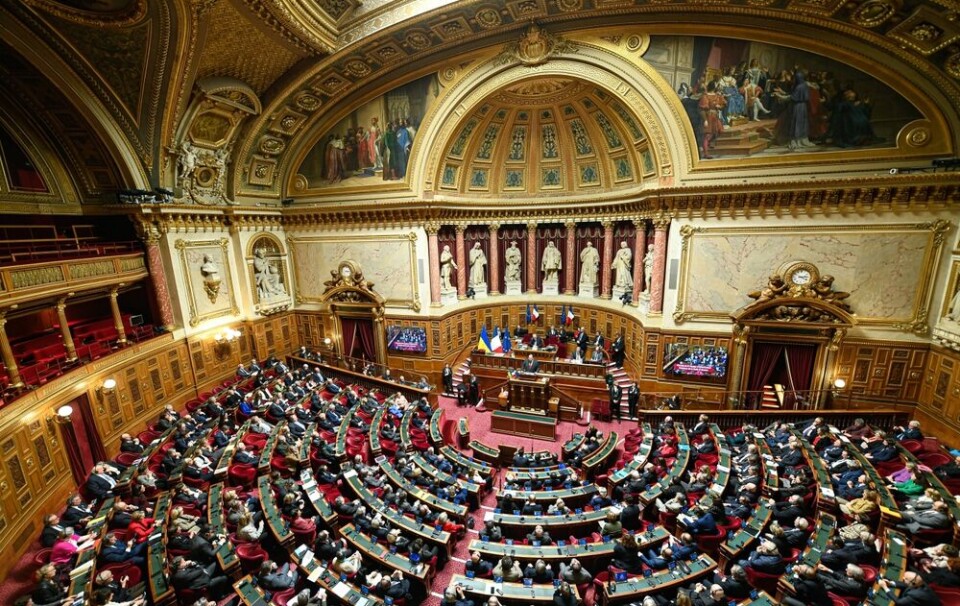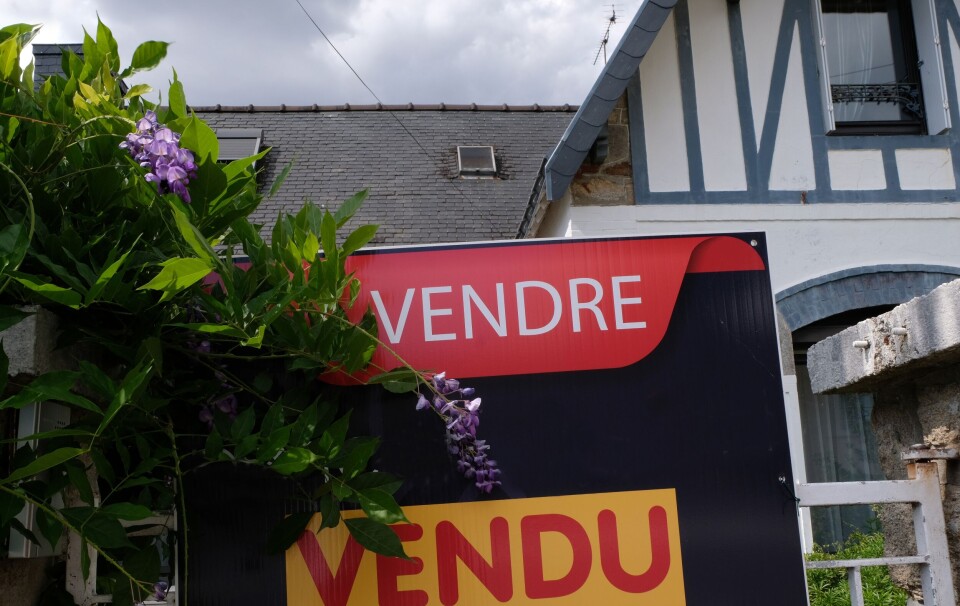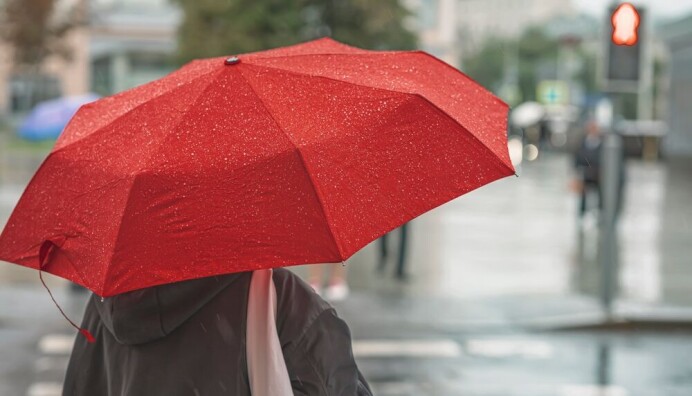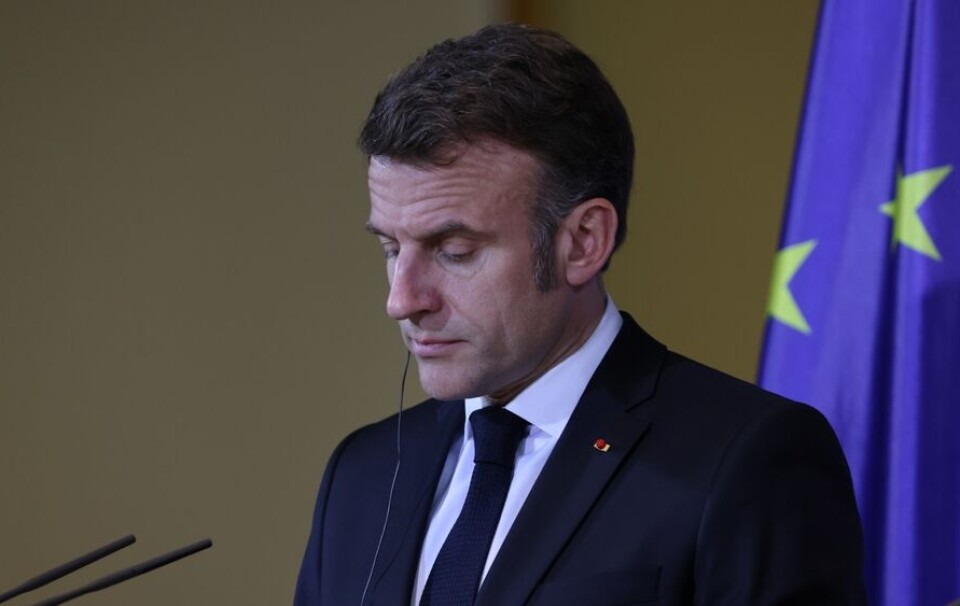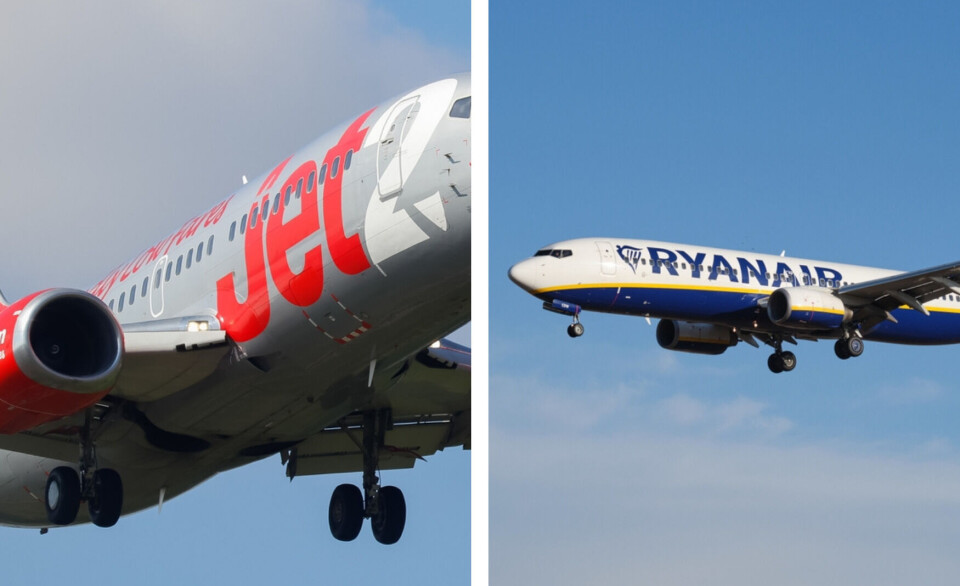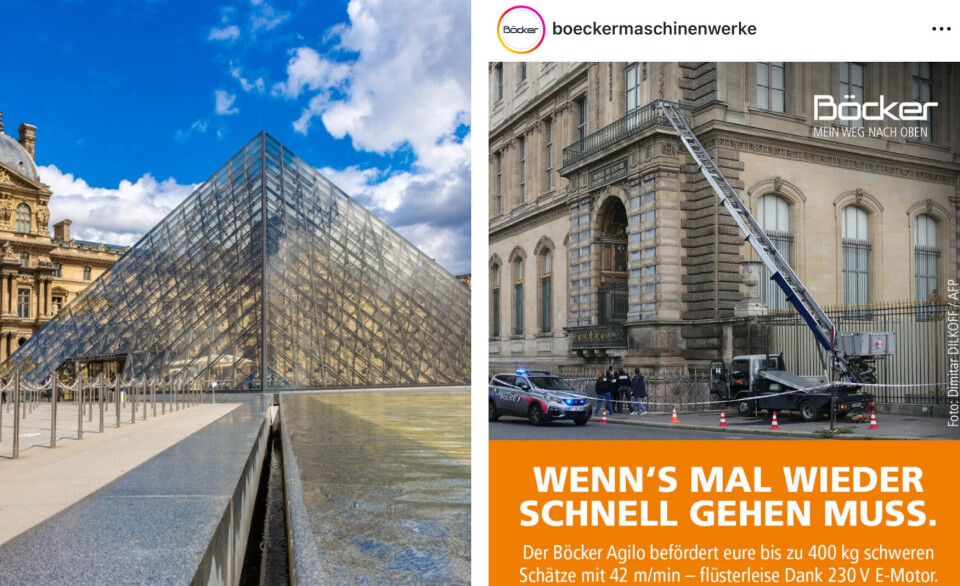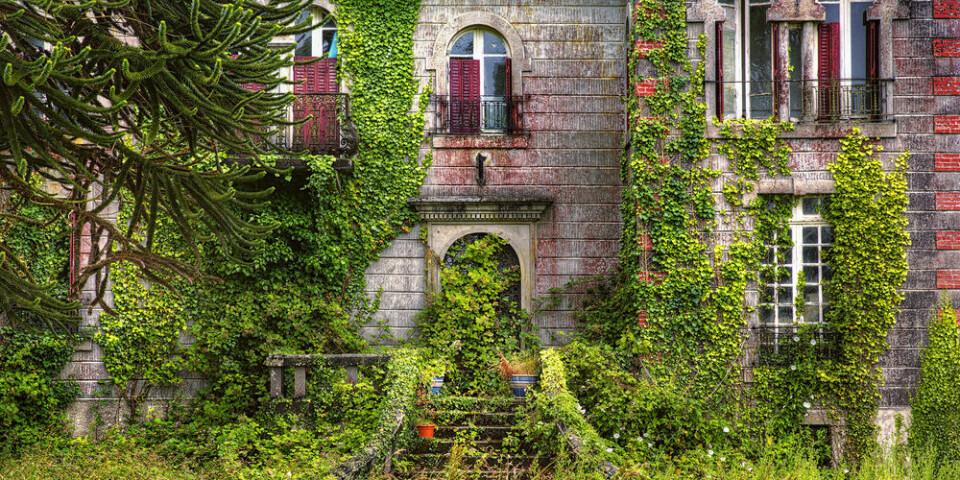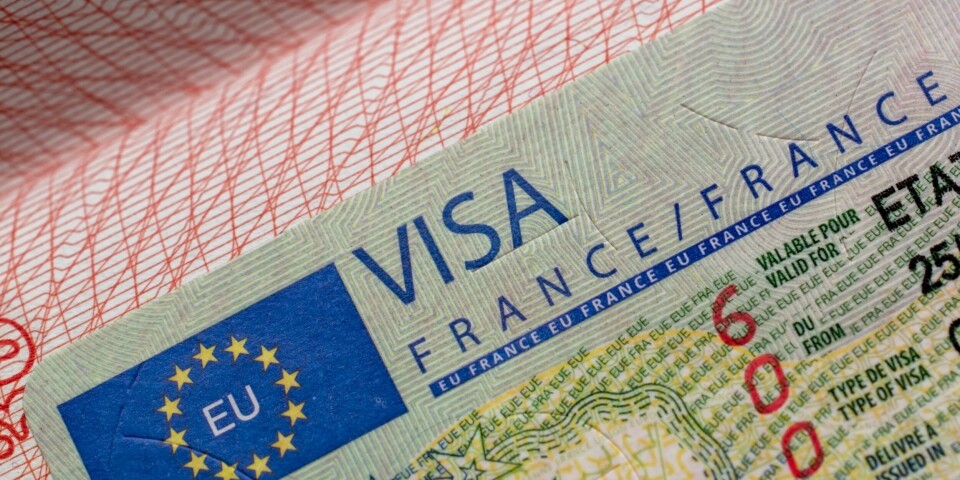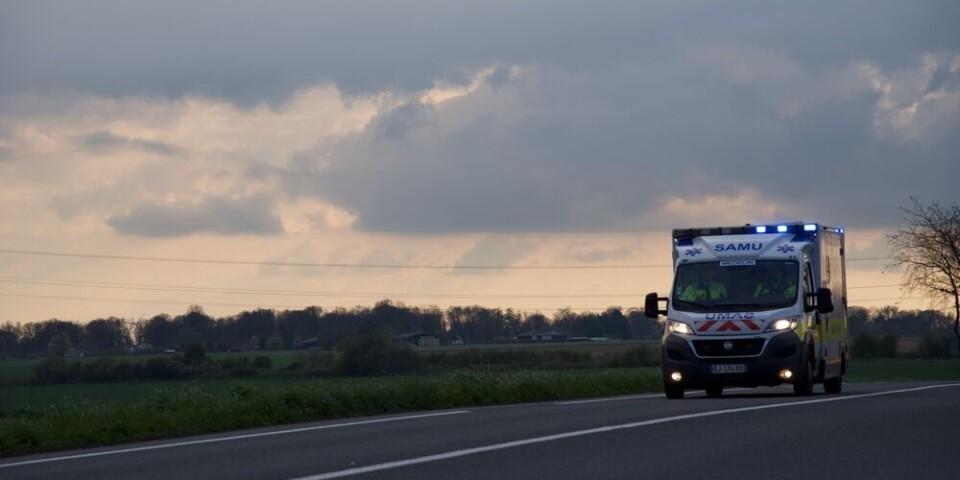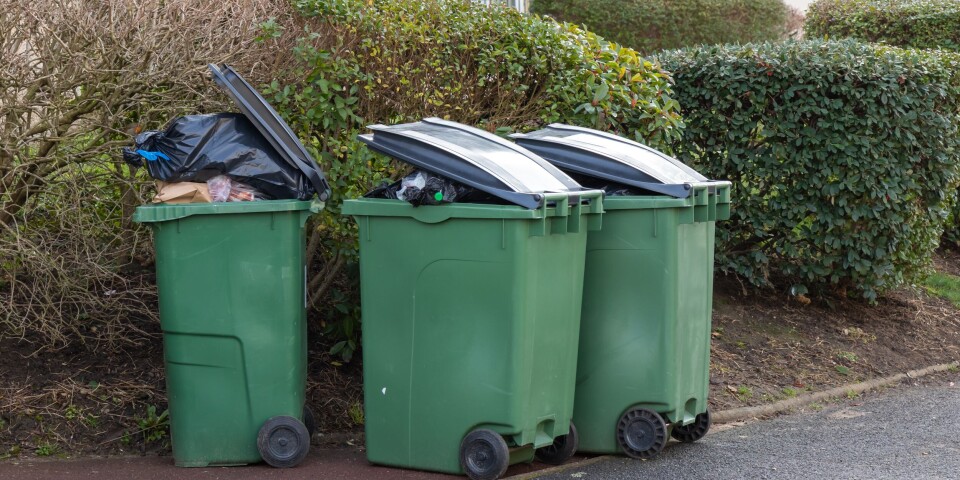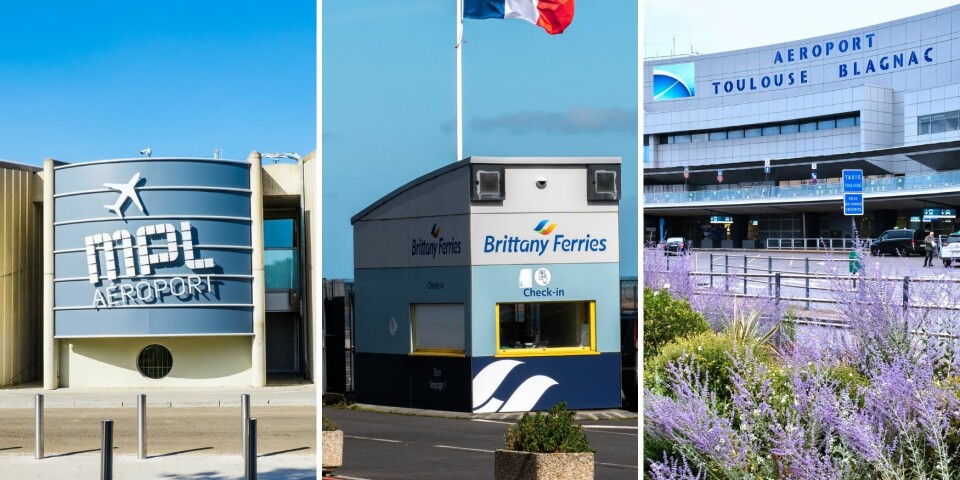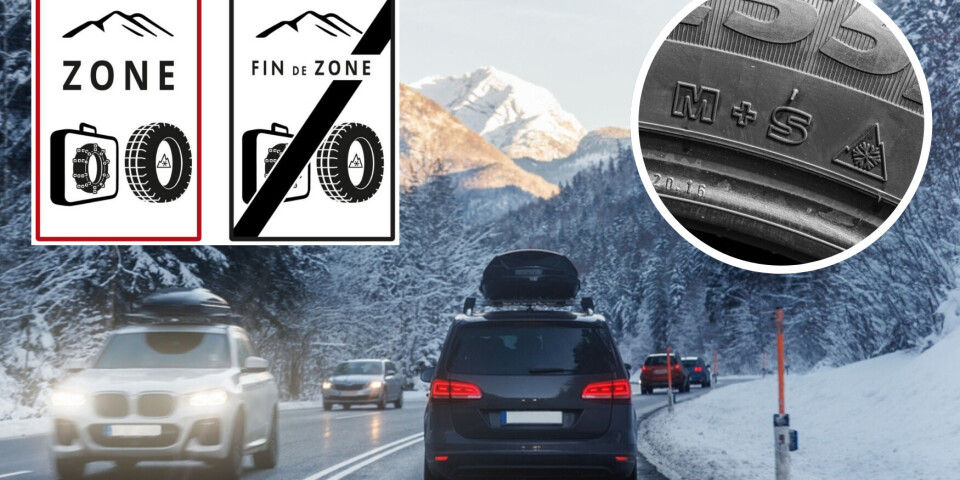-
Manufacturer of vehicle used in Louvre burglary unveils new tongue-in-cheek ad
The company is drawing attention to its unexpected link with the high-profile theft
-
Montmartre: France's most fashionable vendange
Connexion talks to an organiser of one of the biggest free festivals in Paris, centred in the 18th arrondissement
-
Photos: Americans take to streets in France to protest against President Trump
Hundreds participated in the No Kings 2 protest on October 18
Paris puts on friendly face to change city stereotypes
Can the capital ever recreate the community vibe of French villages? Meet the man on a mission to try
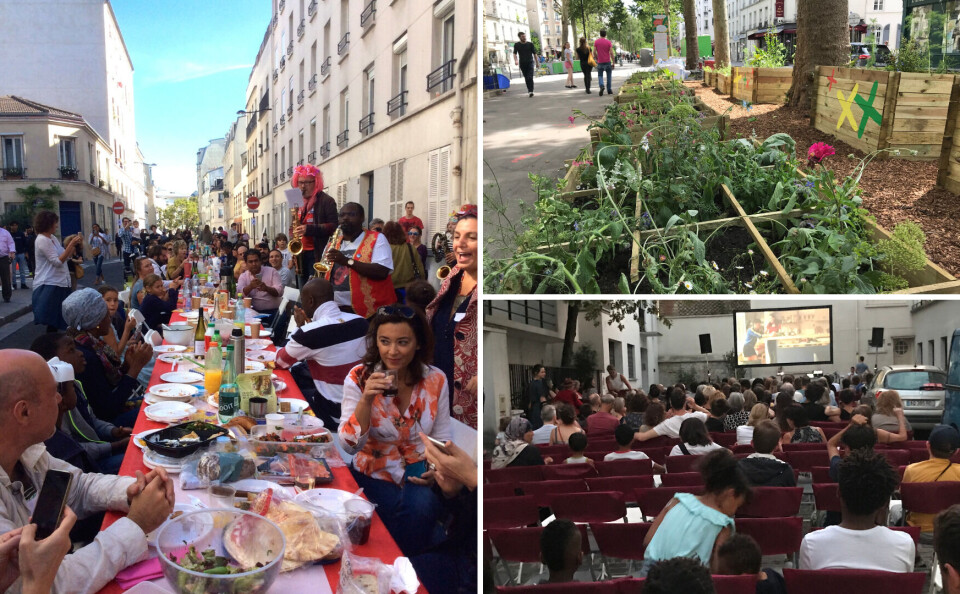
Paris resident Patrick Bernard has revolutionary ideas for the city: conviviality on the streets.
“I know Parisians have a bad reputation but, actually, once they get into the habit of being friendly, they enjoy it,” he says.
‘Humans at the heart of cities’
He founded the Hyper Voisins (Super Neighbours) association in 2017, which aims not just to run social events but to radically change the way local areas operate.
“We aim to rebuild cities with humans at the heart of them.”
According to Mr Bernard, living in a city destroys the kind of social interaction that happens organically in small villages.
“In a village, relationships go back generation after generation. Children go to school together, they all grow up together, but that is less the case in cities.”
Wellbeing and economic benefits
Hyper Voisins covers part of the 14th arrondissement on the Left Bank. The area contains around 15,000 people and is nicknamed the République des Hyper Voisins.
“We want to transition from people saying hello to someone five times a day to saying it 50 times a day,” says Mr Bernard.
He claims conviviality not only contributes to personal wellbeing, but is also the basis of a local economy and maintaining infrastructure as people who feel more connected invest more care and time in it.
Big meal
“We started with a big meal,” he says.
“We set up a table more than 400m long, stretching all along the rue de l’Aude and the rue des Artistes. Around a thousand people turned up.”
Mr Bernard, a former journalist, says that researching the benefits of local news channels got him interested in social engineering: “How you change society, encourage people to behave this way or that.
“Once people got to know Hyper Voisins and realised we are not politicians, we are not selling anything, things took on their own life.
Composting and healthcare
“People have planted more communal areas, and begun collecting waste for composting. We have 500 people in a collective composting scheme now.”
Another initiative is healthcare: “We are looking at schemes to allow people to leave hospital sooner, like young people shopping for them, running small errands and walking the dog.
“We are also setting up a health centre with flexible hours so people do not have to go to the hospital for small things like stitching a cut.”
The more local services are available, the less people need to use cars, or even public transport, Mr Bernard adds.
Roundabout to village square
The scheme has also transformed the Place des Droits de l’Enfant from a concrete roundabout to a village square, with a programme of activities so people can meet up there.
“We are getting people involved in deciding what to do. It transforms the consumer of public space into an actor taking responsibility for their public spaces. It cuts costs and increases input.”
School for ‘friends’
Mr Bernard now wants to expand the idea across Paris by dividing the city into 150 ‘villages’, each with around 5,000 inhabitants, and provide them with a full-time, paid ‘friend’ to orchestrate the same type of social engineering.
A school called the Ecole de Proximité would be set up to train the ‘friends’.
“It is a brand new profession and what I have been doing as a volunteer for the last five years.
“Setting up coffee mornings, apéros on Friday night, talking to people, putting them in touch with each other, listening to their ideas and helping them set up new projects.”
The training would last a year and the curriculum would cover psychology, anthropology of urban areas, the organisation of the city council, plus health and social services, event planning, and more.
“Friends will be multi-functional, like Swiss knives!”
150 villages
Mr Bernard says the association will need to become a cooperative business to cover the whole city, but it is hoped that all 150 villages could be set up within 10 years.
“The mairies of Paris are supportive, which is good. It would be impossible without them.”
‘Placemaking’ as a concept has been around for a while – it is responsible for pianos in public spaces, for example.
There will even be an international placemaking salon in Spain this autumn, where Hyper Voisins plans to present its project.
Less privileged areas
The 14th arrondissement is a middle-class area where people are open to social engineering, but Mr Bernard says his idea should work in other demographics too.
“I think it will be easily adapted to less privileged areas. It might actually be harder in the very rich ones, where people have built huge walls around themselves.
“We shall see. People scoff, but we try things and what works, works – and if not, we just try something else.”
The only problem with Hyper Voisins, he jokes, is that in the past it took 15 minutes to pop out to the shops – but now it takes an hour.
Related articles:
How Paris’s new attempt at electric vehicles for hire will work
Australian in Paris walks every street to see variety of his district
French town gives residents trees to add greenery to the local area




